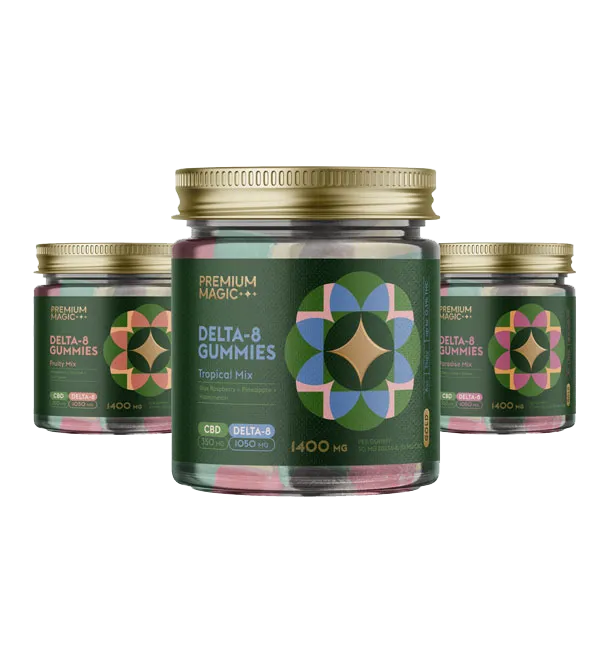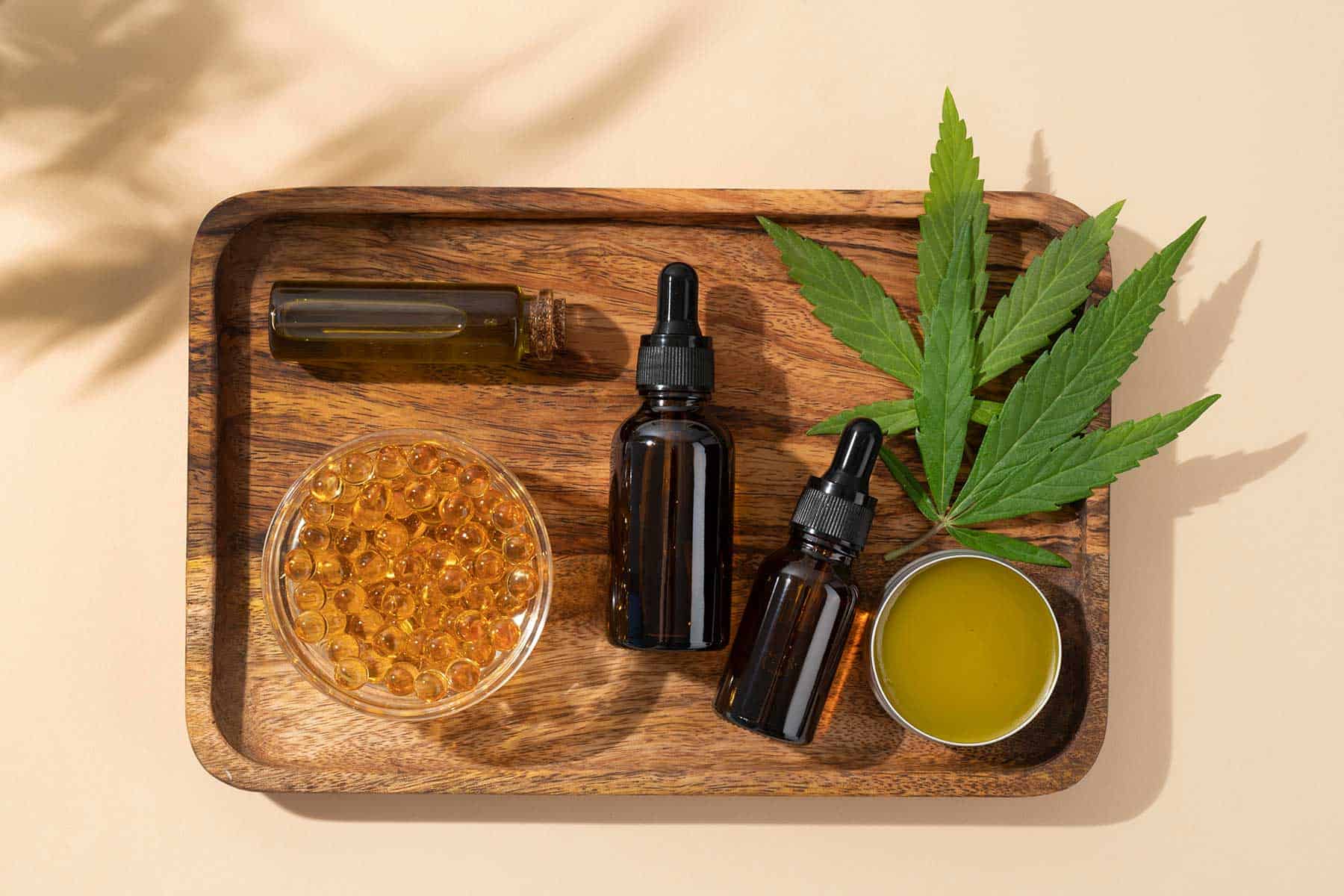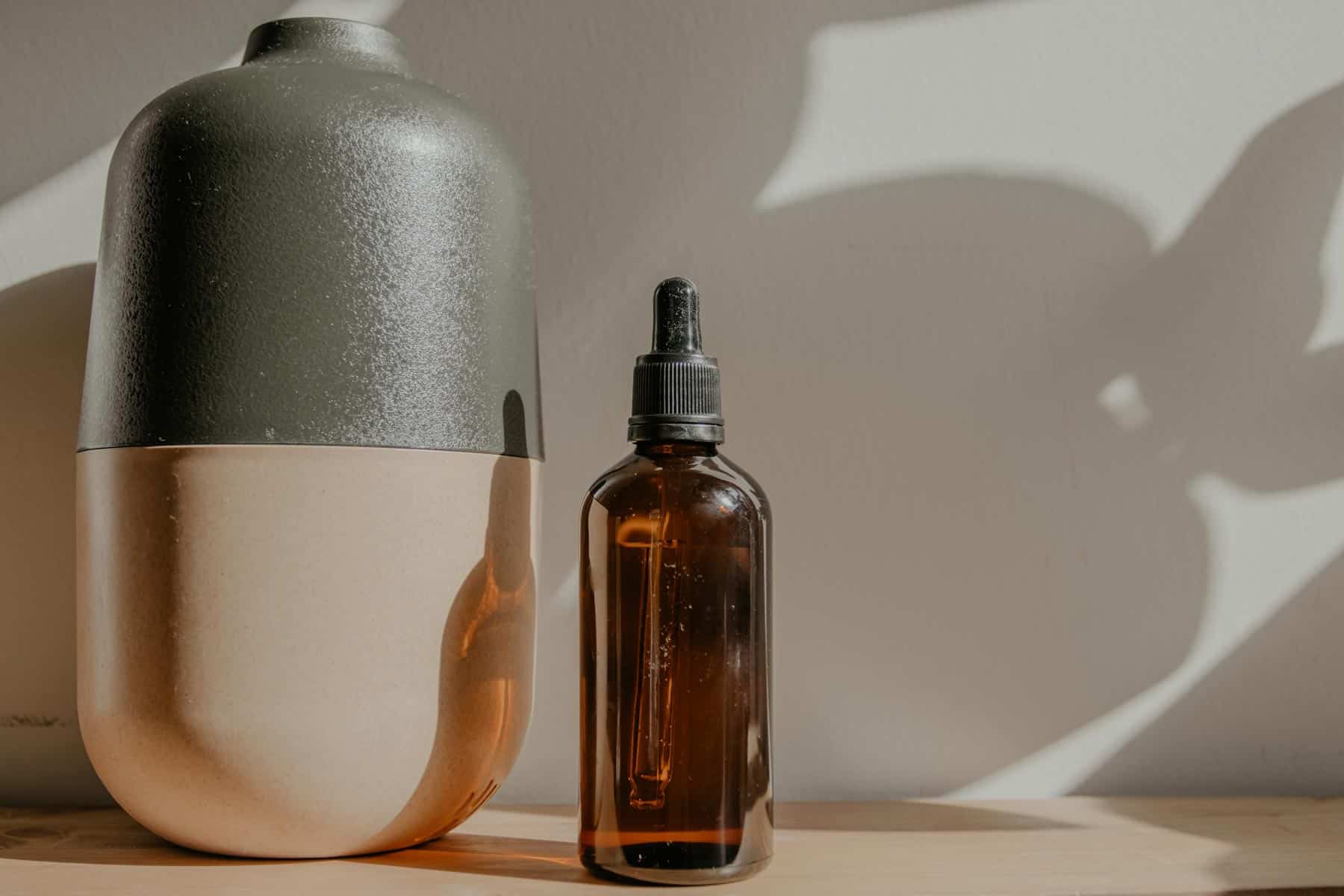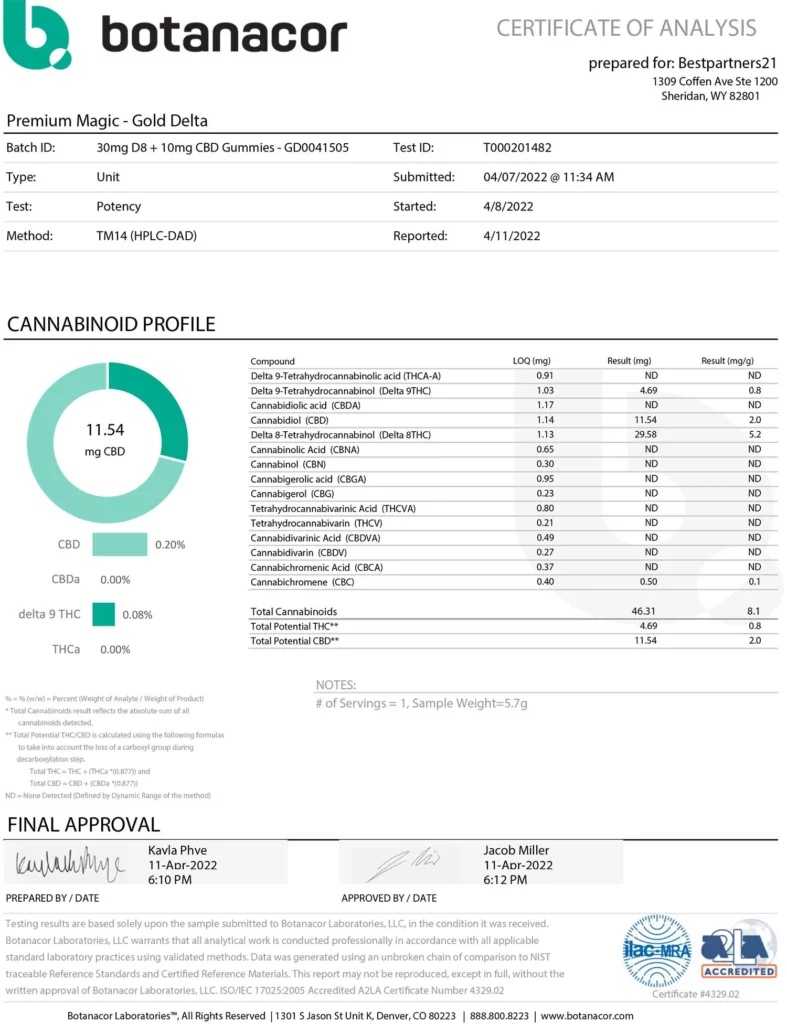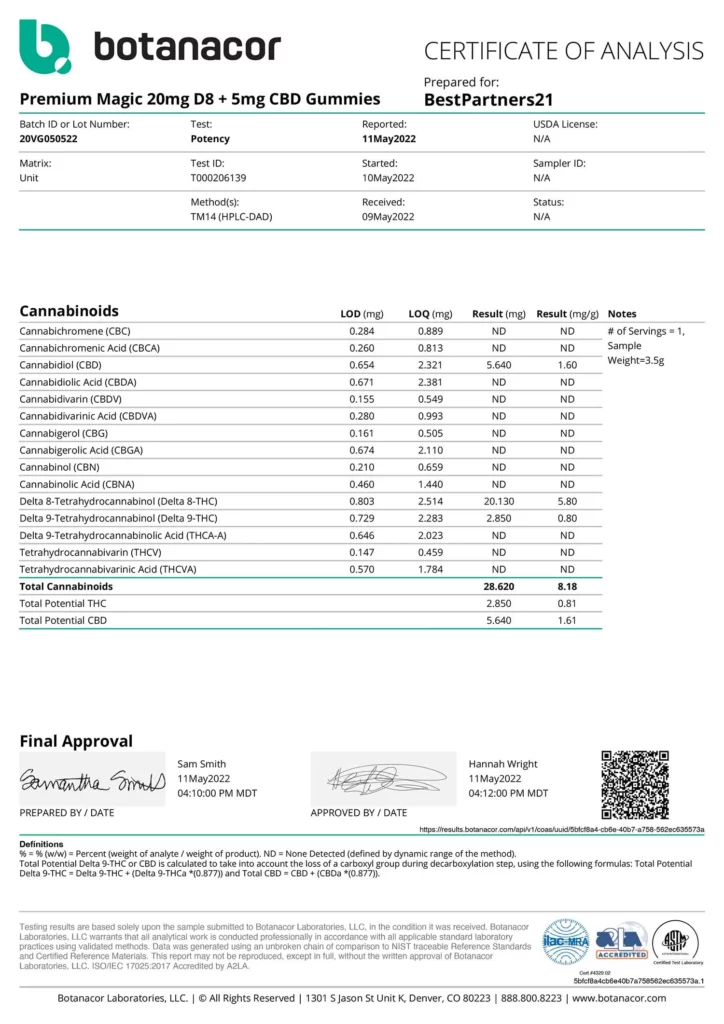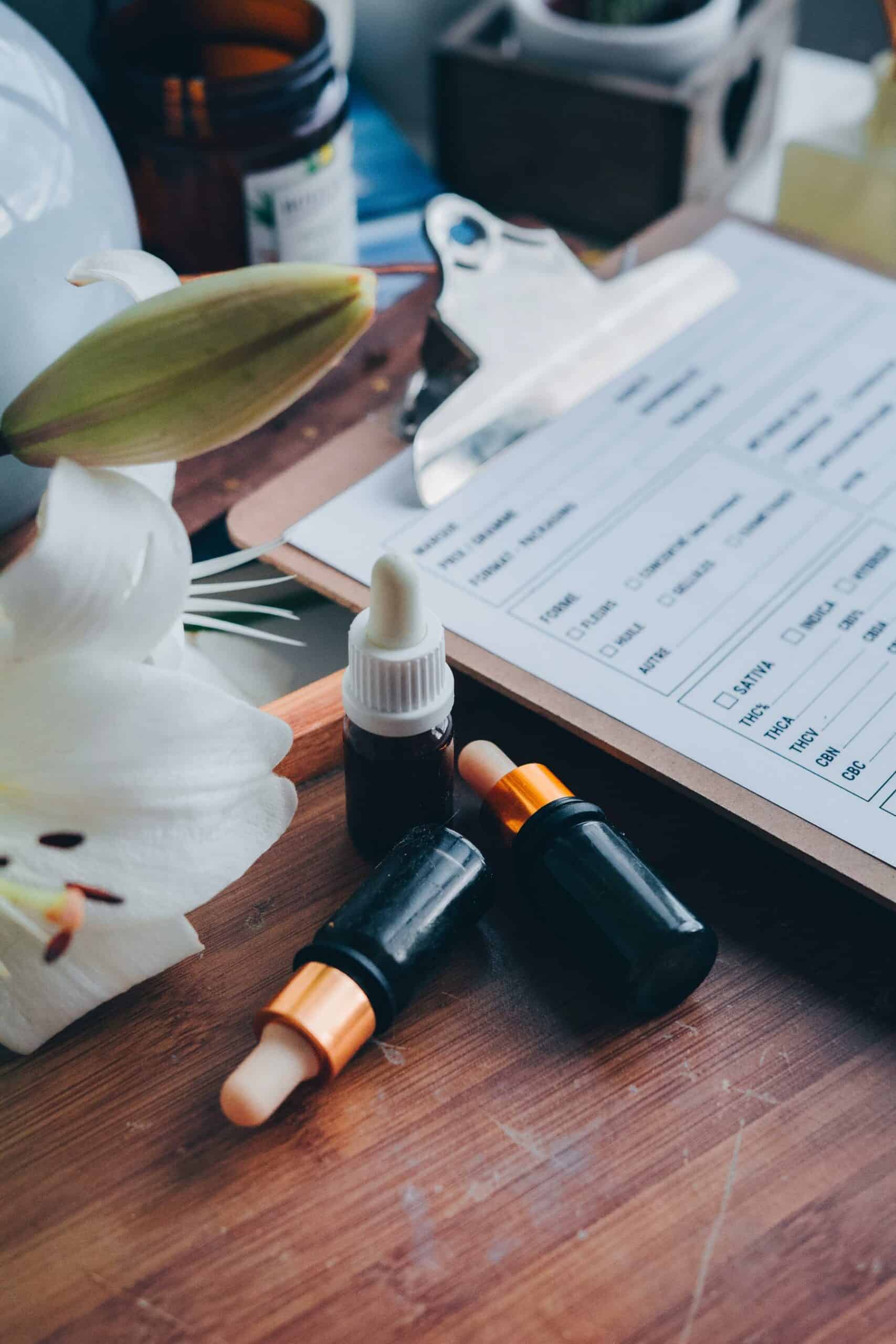
Deciphering the Legal Landscape: Is Delta 8 Legal in Your State?

In the whirlwind realm of cannabinoid offerings, the understanding and interpretation of the legal backdrop isn’t simply important; it’s a categorical necessity. One question persistently buzzes like an unshakeable echo in the minds of multitudes of consumers and professionals within the sector: “Is Delta 8 legal?”
Delivering a well-rounded and comprehensive answer to this question isn’t a walk in the park—it demands a meticulous dissection and comprehension of the complex and winding legal pathways that meander differently across each state. As we stand on the brink of this exploration, the task ahead is as intricate as it is critical.
The Basics of Delta 8 THC
Before we dive into the depths of legality, let’s first shine a spotlight on the entity in question—Delta-8 THC. This compound is a less celebrated cannabinoid, taking a backseat in the cannabis plant’s phytochemical profile. Yet, despite its minor status, Delta-8 THC shares a familial similarity with its more renowned cousin, Delta-9 THC—both bestow psychoactive effects on their users. However, Delta-8 is generally deemed to be a gentler sibling, with its potency considered less intense compared to Delta-9.
Beyond the realm of recreational use, Delta-8 is also stepping into the limelight of scientific interest. A rising tide of research is revealing a promising landscape of potential therapeutic advantages linked to Delta-8, akin to the enlightening journey traversed by CBD oil in recent years. This increasing body of knowledge continues to reshape our understanding of cannabis and its potential, opening up new frontiers in the sphere of legality and acceptance.
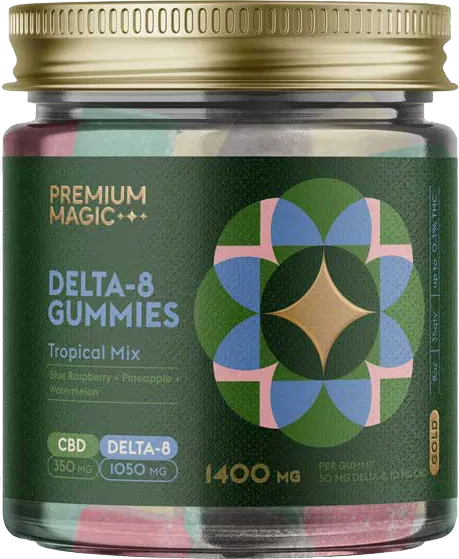
Delta-8 Gummies – Gold Tropical Mix
Original price was: $82.99.$39.99Current price is: $39.99.
Or Subscribe and Save 30%
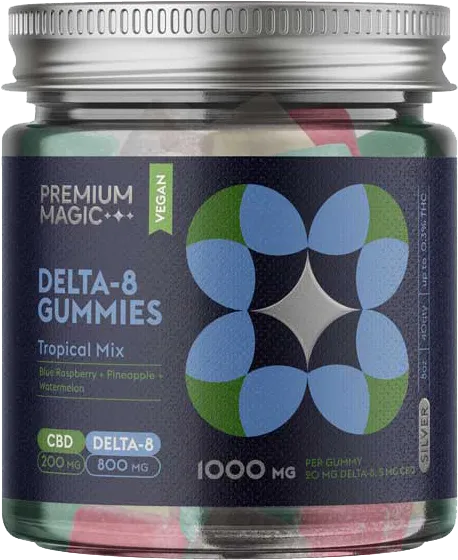
Silver Tropical Mix
Original price was: $68.99.$33.99Current price is: $33.99.
Or Subscribe and Save 30%
Federal Law vs. State Law: The Crucial Divergence
The legal landscape surrounding Delta-8 THC in the United States is intricate and multifaceted. Although hemp-derived products with less than 0.3% Delta-9 THC are federally legal under the 2018 Farm Bill, the explicit legality of all cannabinoids derived from hemp, including Delta-8, remains uncertain. Therefore, the legality of Delta-8 varies from state to state, depending on individual state laws. This creates a complex tapestry of legality across the country, with Delta-8 being permitted in some states while potentially restricted or prohibited in others. Navigating this intricate web of federal and state regulations is crucial for understanding where Delta-8 is legally allowed.
Where is Delta 8 Legal: State by State Analysis
Navigating through the states, the legality of Delta 8 THC varies widely. In some, it exists in a gray area, while in others, the law is definitive.
In states like Florida and Colorado, Delta 8 THC is fully legal, while in other areas such as New York, it’s considered illegal under the state’s controlled substance law. In Alaska CBD oil is legal, Delta 8 is not. State law explicitly bans all products containing Delta 8. Meanwhile, states like Texas operate in a legal gray area, where there are no laws specifically prohibiting or permitting Delta 8 THC.
As a consequence, it’s crucial for consumers and businesses alike to keep abreast of changes in their specific locale. This understanding is not just necessary to navigate legal constraints but also to ensure safe and responsible usage.
The Legal Spectrum of THC
It is important to draw a clear distinction between the legality of Delta 8 THC and Delta 9 THC. Despite both being cannabinoids derived from the cannabis plant, their legal standing often diverges due to variations in their effects and historical perceptions. Thus, the question of “where is Delta 8 legal?” should not be conflated with inquiries regarding the legality of other THC variants.
Delta 9 THC is the primary psychoactive compound in cannabis and is subject to strict regulation and restrictions in many jurisdictions. On the other hand, Delta 8 THC, while still possessing psychoactive properties, is typically regarded as less potent and has gained attention for its unique effects. Consequently, the legal status of Delta 8 THC can differ significantly from that of Delta 9 THC, creating a distinct legal landscape for this specific cannabinoid.
To fully comprehend the legality of Delta 8 THC, one must delve into the specific laws and regulations of each jurisdiction, as they may vary considerably. It is important for individuals to thoroughly research and understand the specific regulations in their respective locations to determine the legal status of Delta 8 THC and its permissibility for purchase, possession, and use.
Keeping Pace with Changing Laws
As the science and societal perspective on cannabinoids continue to evolve, the legal status of Delta 8 THC and other related substances are bound to shift. Regularly checking updates from trustworthy legal sources is therefore essential to stay informed about the current status of Delta 8 legal states.
For those interested in CBD, the same advice applies. Is CBD oil legal? As of this writing, it’s generally legal across the U.S., thanks to the 2018 Farm Bill. However, some states have restrictions in place, so due diligence is vital.
In conclusion, the question of “Is Delta 8 legal in your state?” isn’t a straightforward one. With regulations continually in flux, it’s imperative to stay educated, informed, and aware of changes. If you’re a consumer or a business operator in this sector, understanding the current laws in your state is the first step towards safe and legal cannabinoid usage.
